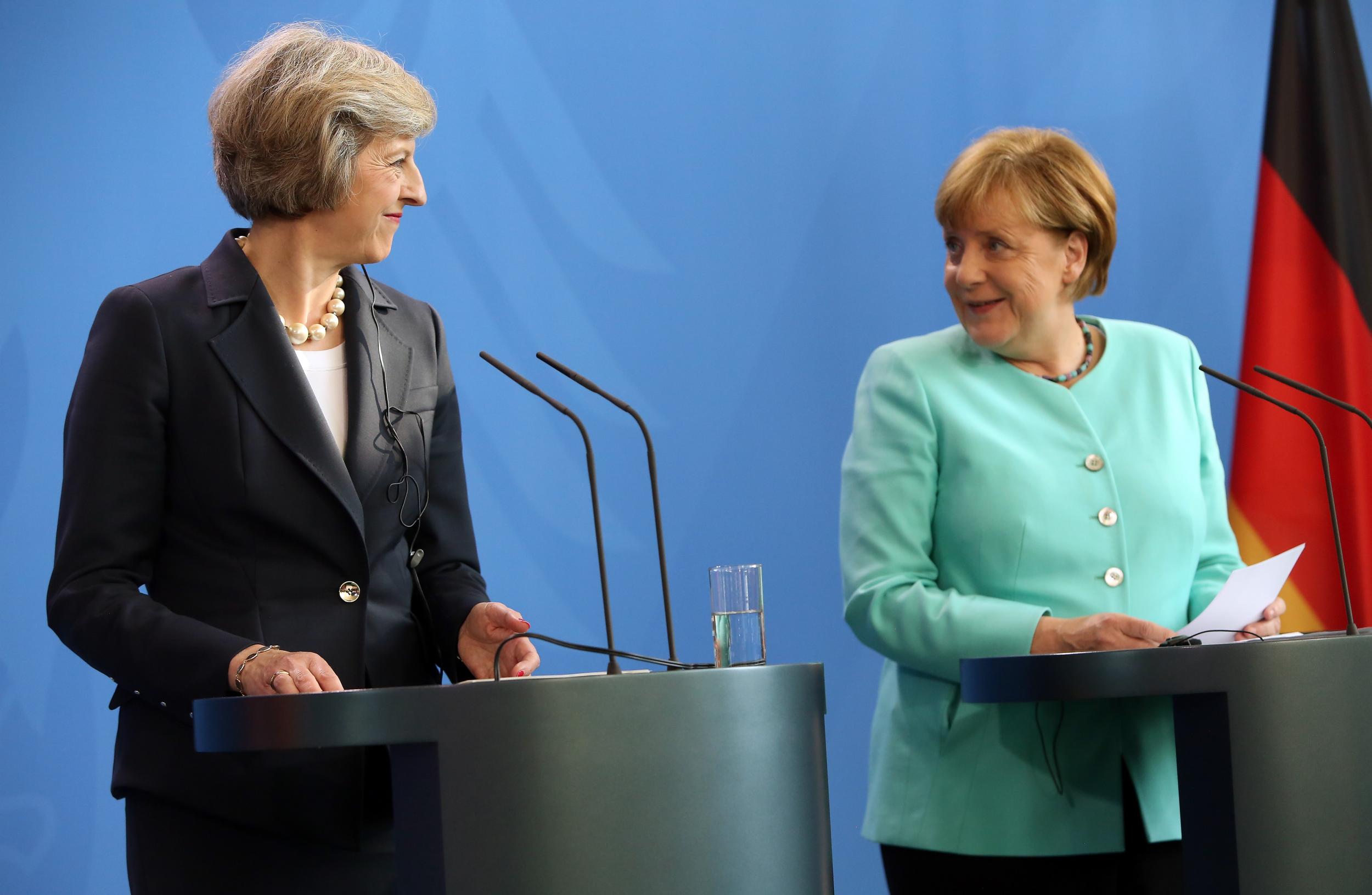From Brexit to Trump, 2017 will be dominated by the decisions we made last year
We accept the democratic decisions on both sides of the Atlantic, but still hope for a more socially just, tolerant and sustainable world in the New Year

As we look forward to 2017, the next year will be dominated by the changes set in train in 2016. In Britain, whatever the decision of the Supreme Court in January, the Article 50 procedure for leaving the European Union is almost certain to be triggered by the end of March – hence the focus in the Prime Minister’s New Year message, speaking of what her priorities will be “when I sit around the negotiating table in Europe this year”. Those negotiations are going to absorb the greater part of the Government’s energy and attention over the coming 12 to 24 months.
Theresa May says that her aim in those talks is to “get the right deal – not just for those who voted to leave, but for every single person in this country”. This is an admirable objective, but her declaration that “we are no longer the 52 per cent who voted Leave and the 48 per cent who voted Remain but one great union of people and nations with a proud history and a bright future” is an aspiration rather than a statement of fact.
The nation is still divided. Those who voted to Remain, by and large, still think that leaving the EU is a mistake. The Independent still believes it is a mistake. That does not mean that we refuse to accept the decision of the people, but it does mean that we should be cautious as we proceed. We should seek to mitigate the damaging effects of leaving the EU, and as a nation we should try to keep our options open.

We want to lend more power to the elbow of Philip Hammond, the Chancellor, who wisely argues for a transitional agreement after Britain leaves the EU in 2019. This would preserve some of the advantages of EU membership after we have left, and give us more time to negotiate the complex trade deals needed with the EU and the rest of the world.
If, after we have left, there is a big shift in public opinion, it would be open to a sovereign people to change its mind and to seek to rejoin a (possibly reformed) EU, but there is no point in arguing for a second referendum now.
Equally, the idea of an electoral alliance against Brexit, or against a hard Brexit, is one that should be judged case by case. It made sense for the Greens to stand aside for the Liberal Democrats in the Richmond Park by-election, but the situation in the forthcoming by-election in Copeland is less clear.
In the meantime it is interesting that Ms May also pledges to repair other “divisions in our country” – between “those who can easily buy their own home, send their children to a great school, find a secure job, and those who cannot”. This commitment to social justice is welcome, although we are doubtful that she has the right policies to deliver it.
If we were asked our priorities for 2017, we would add a greater spirit of liberal tolerance, which ought to have been compatible with a Leave vote although Ms May does not appear to think so. And we would hope for swift action on the Paris Agreement on climate change, which came into force in November after it was ratified by enough states the previous month.
Which brings us to the United States, where on 20 January the decision of the American people in 2016 will take effect as Donald Trump is sworn in as the 45th President. The question of climate change will be an important early test for the new administration. It is also a big test for rules-bound global politics, because the US has already ratified the Paris Agreement, as has China. Mr Trump has described the scientific consensus on climate change as a “hoax”, so this is one policy on which we hope that the checks and balances of the American system are stronger than the rhetorical description of the presidency as the most powerful office in the world.
It may be tempting for us Europeans to hope that Mr Trump will concentrate on his programme of rebuilding American infrastructure and bringing new jobs to the left-behind states of the Midwest. But it would be a mistake to imagine that American isolationism would benefit the rest of the world. It would only create a vacuum that Vladimir Putin might seek to fill.
Instead, we have to hope that Mr Trump is not as intolerant and as impulsive as he has sometimes seemed, and that the wisdom of the US constitution will constrain him.
We wish you, the reader, a happy, tolerant and sustainable New Year.
Join our commenting forum
Join thought-provoking conversations, follow other Independent readers and see their replies
Comments
Bookmark popover
Removed from bookmarks